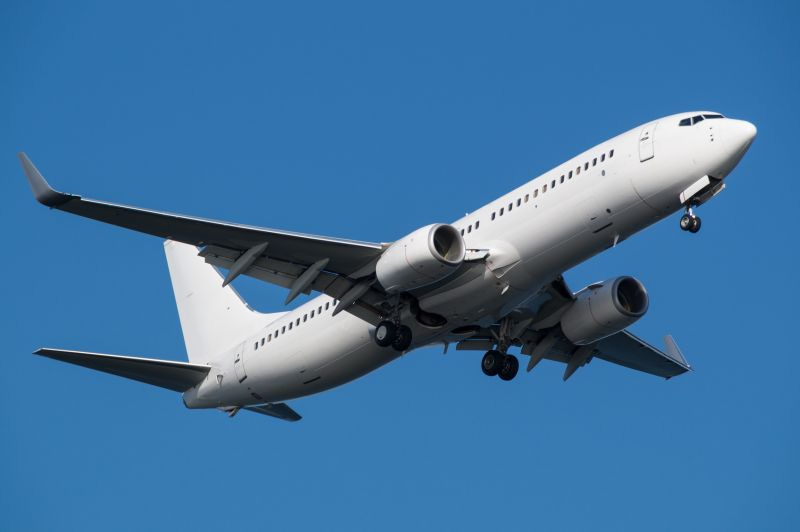Renewables Evolution - Part 4: Sustainable Aviation Fuel
The Best (Renewables)Bet
By Bryan Kaus
Here's a telling data point: Nearly every renewable fuel project canceled in the past year focused solely on renewable diesel. Meanwhile, every single new project proposal includes sustainable aviation fuel (SAF) production.
This shift isn't coincidental—it's strategic. This is where the margin has been and the most clear demand segment has presented itself.
The demand dynamics are fundamentally different. Unlike road transport (or rail for that matter) which have more readily available means to pursue alternatives, aviation has no near-term substitute for liquid fuel. Commercial aircraft will burn hydrocarbons for decades. Airlines know this.
Policy support is more durable. Europe's ReFuelEU mandate requires 2% SAF by 2025, rising to 70% by 2050. The U.S. relies on voluntary commitments, but major carriers have signed long-term SAF purchase agreements at premium pricing. These aren't subsidy-dependent transactions—they're commercial risk management.
The geography is shifting strategically. New SAF projects are concentrating in Asia, where:
- Feedstock competition is less intense
- Government support is growing (Japan, Singapore, Malaysia leading)
- Regional aviation growth creates local demand
- Cost structures remain competitive
But let's be clear about the limitations: SAF faces the same feedstock bottleneck as renewable diesel. Current pathways (HEFA, Fischer-Tropsch) can realistically supply 10-20% of jet fuel demand. Full aviation decarbonization requires breakthrough technologies—synthetic fuels, green hydrogen, or advanced biofuels from algae.
The strategic opportunity is in the transition period. SAF won't replace all jet fuel, but it can capture a meaningful, high-value segment with less competition than renewable diesel faces.
Smart money is backing:
- Flexible refineries that can optimize between RD and SAF based on market conditions
- Integrated feedstock strategies securing long-term supply at fixed pricing
- Regional plays in Asia and other emerging markets
- Technology partnerships preparing for next-generation pathways
- Long-term partnerships that walk the talk with deliveries beyond MOUs
SAF represents renewable fuels at their best: addressing a real decarbonization need with commercial viability and strategic focus.



